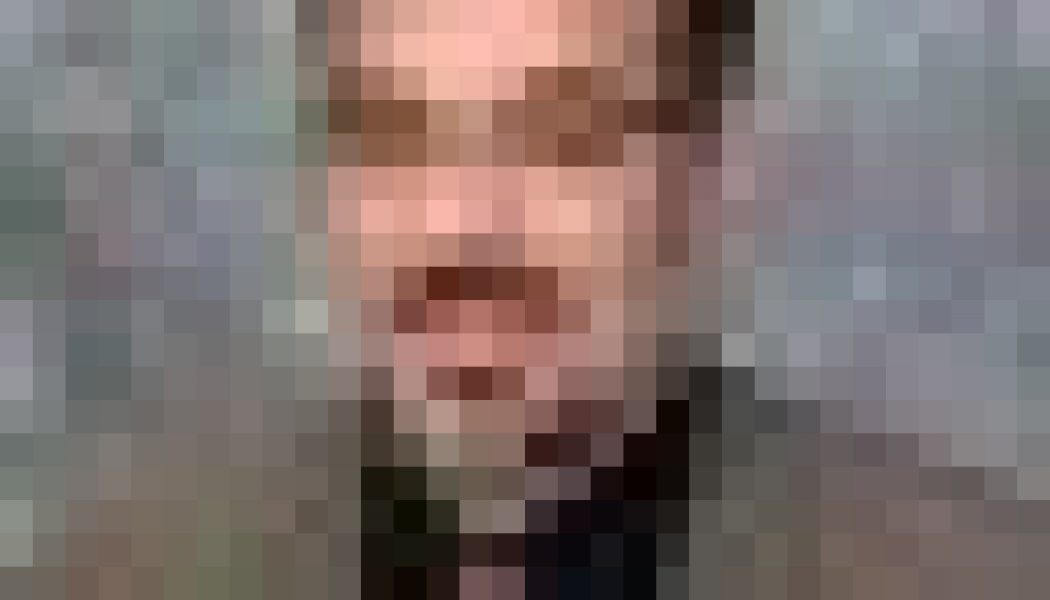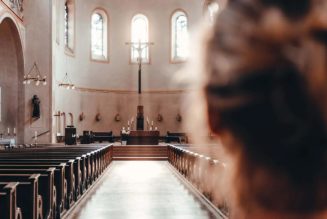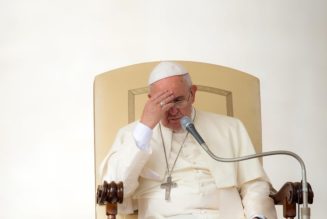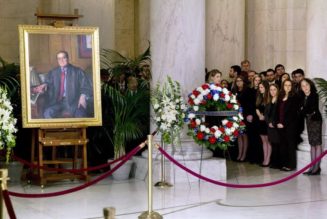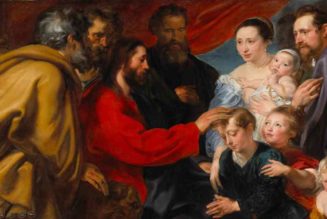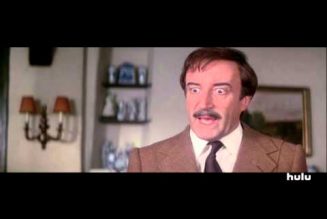, March 19, 2020
 Why do people suffer affliction? Why does affliction threaten our whole way of life? And what should we do about it?
Why do people suffer affliction? Why does affliction threaten our whole way of life? And what should we do about it?
The readings for this Sunday, the Fourth Sunday of Lent Year A, are full of insights that are directly relevant to the Deep Lent of 2020, when we all face difficulty and pain because of the coronavirus pandemic and the measures taken against it.
It is uncanny how the readings of Holy Week have tracked with the news of the virus.
Lent’s Sunday readings are meant to prepare us to recommit at Easter to our baptism in a world enslaved to Satan and sin. This time, they are also preparing us to find hope in a world infected by virus and fear.
The First Sunday of Lent told the story of the curse of Adam and Eve and the need to reject the devil. The Second Sunday shared the blessing promised to Abram and to us at the Transfiguration. The Third Sunday focused on the waters of baptism — the life-giving water of Moses, and the living water of Jesus. This week, the blind man is cured; next week, Lazarus is raised.
In other words, we were warned that life is full of threats, we were promised that it is founded in hope, and are given a cure that triumphs despite death. This is exactly what we need to face the coronavirus pandemic as well as the pandemic of sin in our life.
In this Sunday’s Gospel, Jesus sees a man born blind and tells us what disease is for.
When Jesus passes by the man, his disciples ask Jesus the question many people are asking today: “Rabbi, who sinned, this man or his parents?”
We might as well ask him, “Who sinned, us or China?” or, “Who is your real target, here, Lord — America, Italy, or Iran?”
Jesus answers: “Neither he nor his parents sinned; it is so that the works of God might be made visible through him.”
So there you have it. The coronavirus is meant to show the works of God.
We know by faith that “God is not in any way — directly or indirectly — the cause of evil.” That is from the Compendium of the Catechism, which next says this: “Faith gives us the certainty that God would not permit evil if he did not cause a good to come from that very evil.”
As Jesus puts it in today’s Gospel, “We have to do the works of the one who sent me while it is day. Night is coming when no one can work. While I am in the world, I am the light of the world.”
We all see a little bit of what that “night” looks like right now, when “no one can work.” Many are dead, many are sick, many are out of work, and everybody is scared.
But in this darkness, we can also see more clearly the places where “the works of God” are absent and where we need to step them up.
Jesus’s light illuminates a lot for us in the present darkness. A lot of it is not good.
“Everything exposed by the light becomes visible,” writes St. Paul in the Second Reading. “Take no part in the fruitless works of darkness; rather expose them, for it is shameful even to mention the things done by them in secret.”
This is the first thing we are learning: If we thought we could live a life blind to God, a life without consequence or pain, now we know we can’t.
If we thought that we were invincible, now we know we were wrong, and we long for faith in something more. If we thought that our lives were about comforts and pleasures, now we see that they’re not, and what we really need is hope. If we thought that we lived only for ourselves, now nothing will satisfy us but love.
Christ’s light exposes it all.
But Christ’s light also shows us the way forward.
In the Gospel, when Jesus met the blind man, he “spat on the ground and made clay with the saliva, and smeared the clay on his eyes, and said to him, ‘Go wash in the Pool of Siloam’ — which means Sent. So he went and washed, and came back able to see.”
Jesus blessed the material of the earth, applied it to the man, and it had an interior effect. This is a sign of the sacraments, where we have a transformational encounter with Jesus in baptism, confession, and communion.
The man is so utterly changed by his encounter that his neighbors can’t believe it is him, his parents are baffled, and religious leaders seek him out to interrogate him.
The sacraments do the same thing for us. They show us the dignity our lives have in Christ.
God’s modus operandi is always the same. The blind man was a beggar, dismissed by society, but Jesus Christ made him a disciple, a son of God. In the first reading, David was the little brother, left behind to tend the sheep, but God made him a king.
This is each one of us, pulled out of the darkness of a world infected by sin, and chosen to stand with God in Jesus Christ.
Our only possible response is the blind man’s — to say, “I was blind and now I see,” and “I do believe, Lord,” and to worship. Our only prayer is David’s in Sunday’s Psalm, “Even though I walk in the dark valley I fear no evil; for you are at my side.”
The Deep Lent of 2020 is meant to bring us to a place where we can recommit to Christ. We hope we can do it in church at Easter. We know we can do it right now in the darkness all around us.
More: Four Catholic Answers to the Caronavirus Pandemic
Image: ES Schubert Studios, Sacred Heart at Benedictine College in Atchison, Kansas.
Tags: Fourth SUnday of Lent Year A, prayer, Sunday Gospel, Sunday Readings
Never miss a post! Subscribe below to our weekly newsletter.
